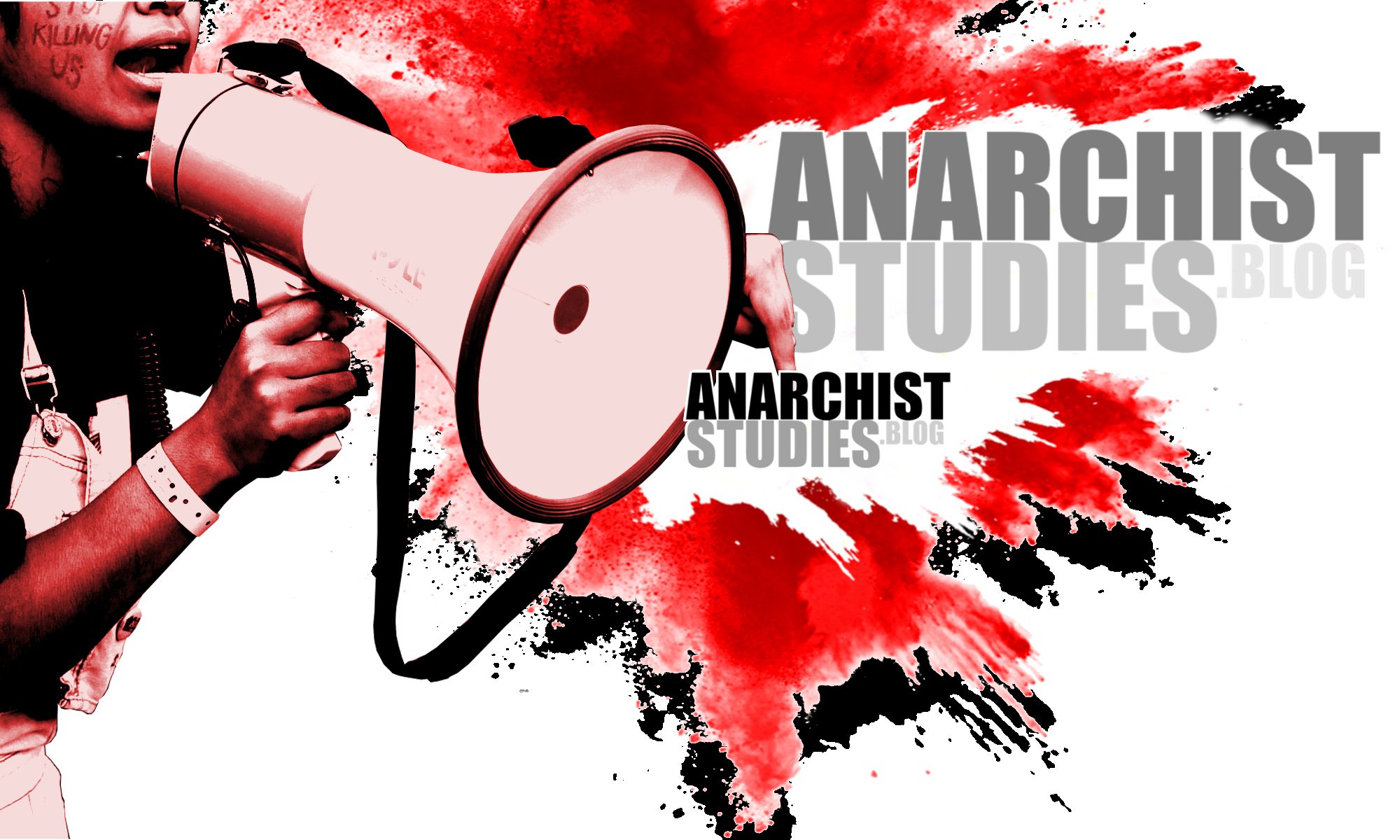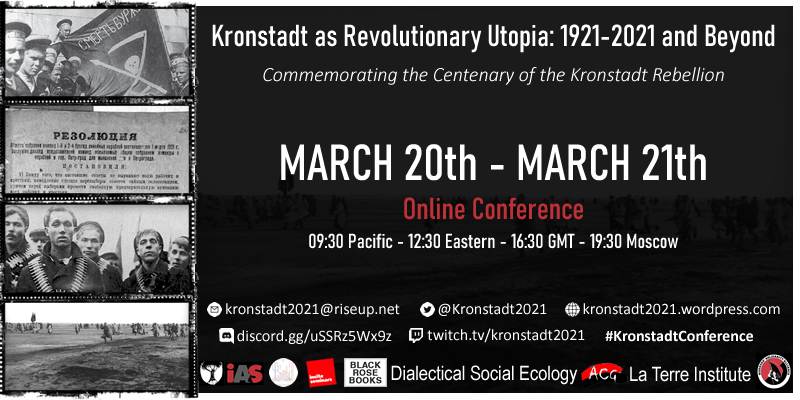Taking a reflexive anthropological view of the disruption caused by the Covid-19 crisis, Laney Lenox considers the transformative potential of slowing down in everyday life.
Everyday Anarchism – Temporal Impermanence and Liberation in Everyday Action
[Part of a series of articles reflecting on anarchist responses to the Covid-19 crisis and lockdown, one year on].

